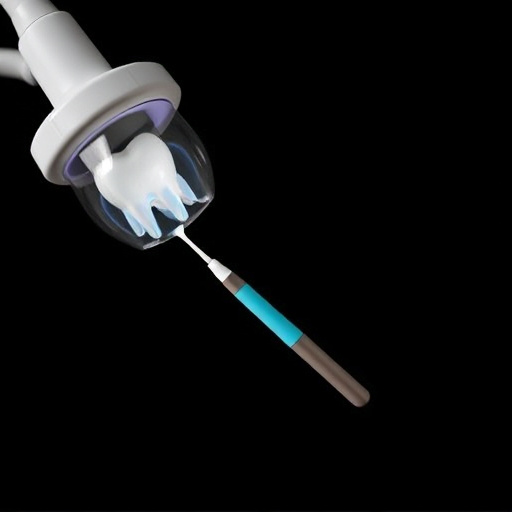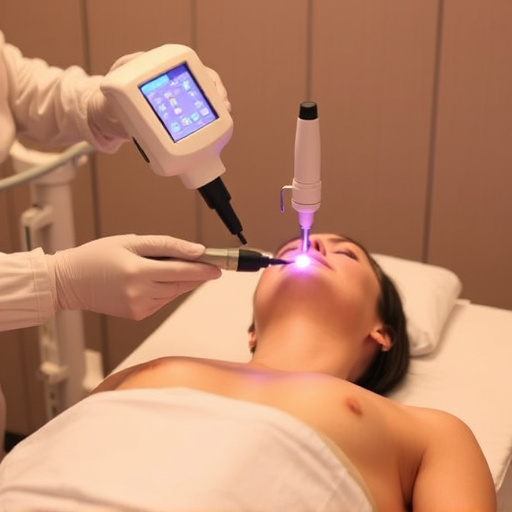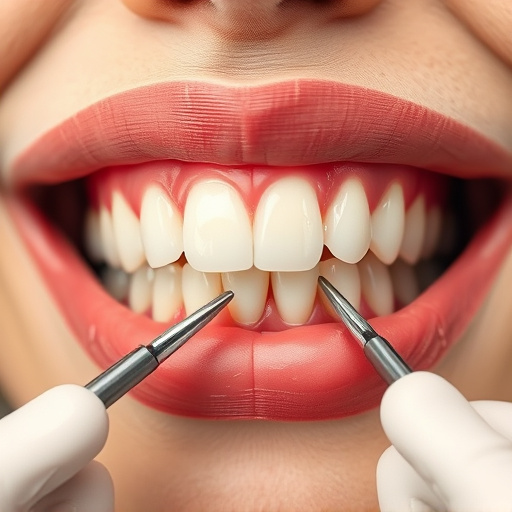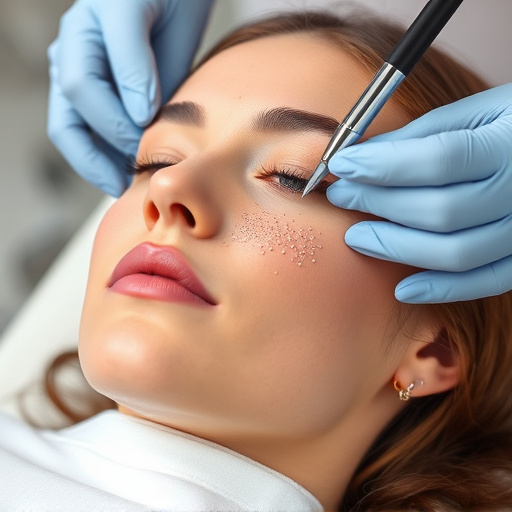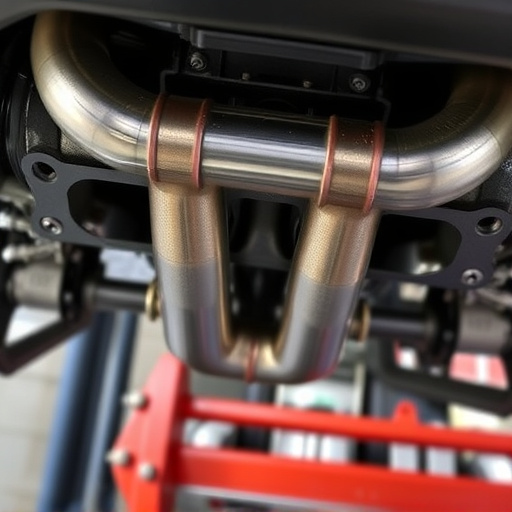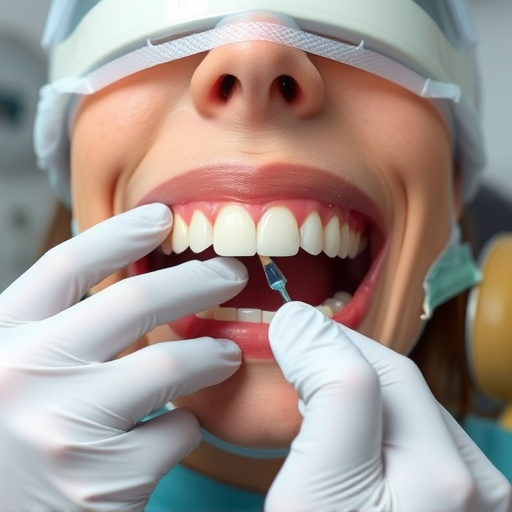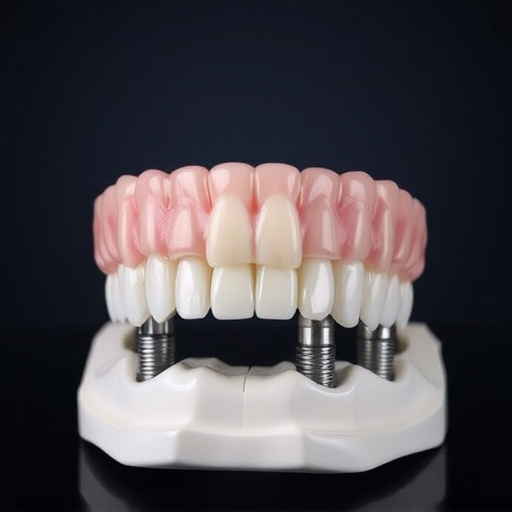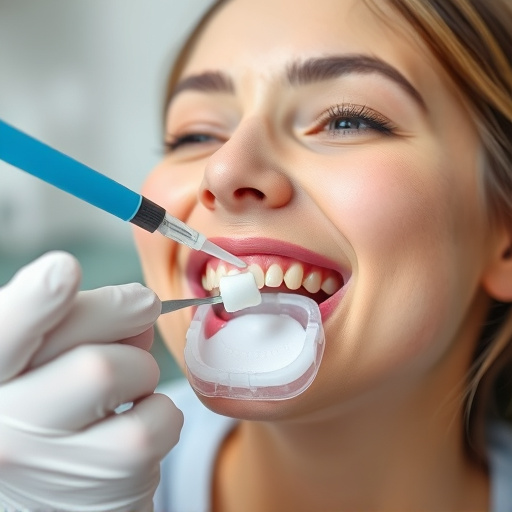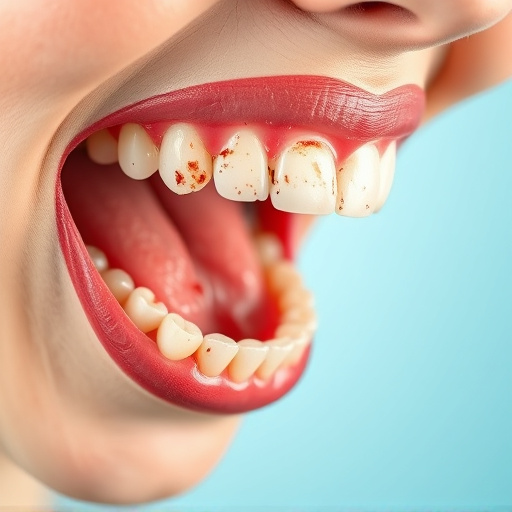Handicap accessible dental practices cater to patients with complex medical conditions like cerebral palsy or Down syndrome, providing tailored care through modified equipment and age-appropriate dentistry. These facilities ensure safety and comfort, addressing holistic well-being. Key modifications include adjustable chairs, wheelchair access, universal design principles, and specialized communication methods. Services range from regular cleanings to emergency care and preventive treatments like clear aligner therapy, fostering an inclusive environment for all patients with diverse needs.
In today’s inclusive world, ensuring everyone has access to essential dental care is paramount. This article explores the unique challenges and solutions for providing handicap accessible dental services to individuals with complex medical needs. We delve into understanding specific dental requirements, modifying facilities and equipment for inclusivity, and employing specialized strategies to offer effective treatment tailored to these patients’ advanced medical conditions. By addressing these aspects, we aim to revolutionize dental care accessibility.
- Understanding the Unique Dental Needs of Individuals with Complex Medical Conditions
- Creating an Inclusive Environment: Equipment and Facility Modifications for Handicap Accessible Dental Care
- Specialized Dental Services and Strategies for Effective Treatment of Handicapped Patients with Advanced Medical Requirements
Understanding the Unique Dental Needs of Individuals with Complex Medical Conditions
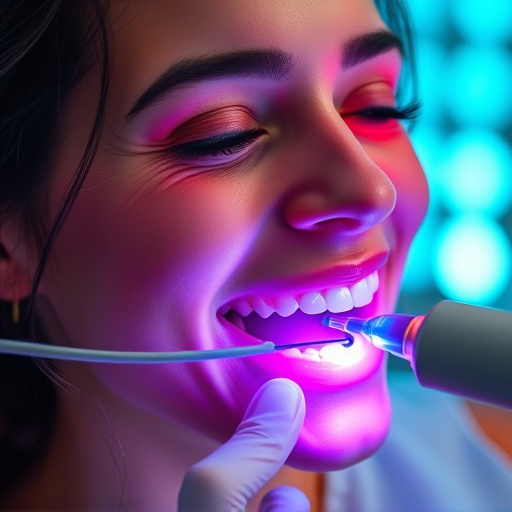
Individuals with complex medical needs often require specialized care, and this is especially true for dental health. Understanding their unique requirements is a crucial step in providing handicap accessible dental services. These patients may face challenges due to various conditions such as cerebral palsy, Down syndrome, or chronic illnesses, which can impact their oral health in significant ways. For instance, those with limited mobility might struggle with traditional dental procedures, and individuals with certain medical conditions may need additional precautions during treatments.
When it comes to addressing these needs, a range of options is available, from modified equipment to specialized clinics. For example, handicap accessible dental practices can offer services like tooth extractions and dental crowns tailored to the patient’s comfort and safety. Furthermore, children’s dentistry within these facilities ensures that younger patients with complex medical needs receive age-appropriate care. This holistic approach considers not just the dental crown or extraction but also creates a welcoming and accessible environment for all.
Creating an Inclusive Environment: Equipment and Facility Modifications for Handicap Accessible Dental Care
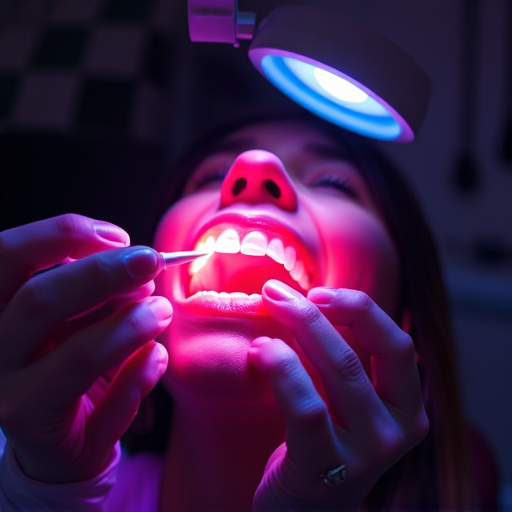
Creating an inclusive environment is a cornerstone of providing handicap accessible dental care. This involves making necessary modifications to both equipment and facilities to cater to patients with complex medical needs. Dental chairs that can be adjusted to different heights, wheelchair accessibility, and specialized tools designed for easier use are some of the key equipment changes. Additionally, ensuring enough clear space inside the treatment area allows for smooth movement of patients, especially those using mobility aids.
The facility itself should be designed with universal design principles in mind. This includes well-lit spaces, clear signage, and a layout that minimizes obstacles. Accessible restrooms, adequate parking spaces, and ramp entrances are also vital components. These modifications not only ensure comfort but also make dental cleanings, emergency dental care, and even procedures like clear aligner treatments more manageable for patients with disabilities.
Specialized Dental Services and Strategies for Effective Treatment of Handicapped Patients with Advanced Medical Requirements
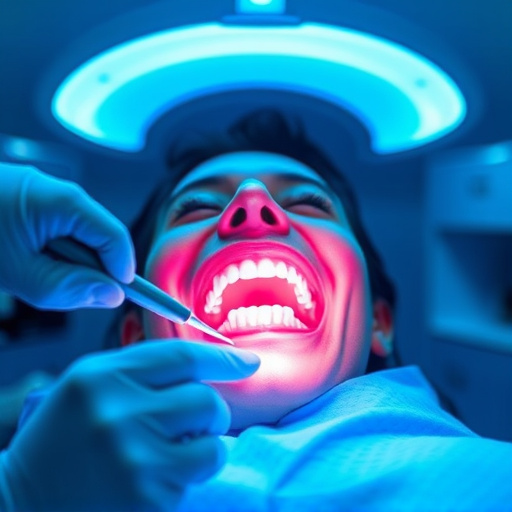
For patients with complex medical needs and advanced disabilities, receiving dental care can present unique challenges. Specialized dental services are designed to cater to these individual requirements, ensuring every patient receives appropriate and effective treatment. Handicapped accessible dental clinics employ a range of strategies to accommodate different physical and cognitive abilities, fostering an inclusive environment.
These approaches include tailored communication methods, adaptive equipment for examination and procedure assistance, and customized treatment plans. For instance, patients requiring advanced medical support during dental cleanings might benefit from specialized chairs or monitoring systems. Preventive dentistry is a key focus, with regular dental fillings and cleanings becoming essential for maintaining oral health in these vulnerable populations. Such proactive measures not only address immediate concerns but also contribute to long-term well-being by preventing more serious dental issues that could complicate existing medical conditions.
Individuals with complex medical needs often face significant challenges when it comes to accessing quality dental care. However, through comprehensive understanding of their unique requirements and strategic facility modifications, we can create an inclusive environment. By investing in specialized equipment and tailored dental services, we ensure that everyone, regardless of physical limitations or advanced medical conditions, receives the handicap accessible dental care they deserve. This not only improves oral health but also enhances overall well-being, promoting a more inclusive and compassionate healthcare system.

